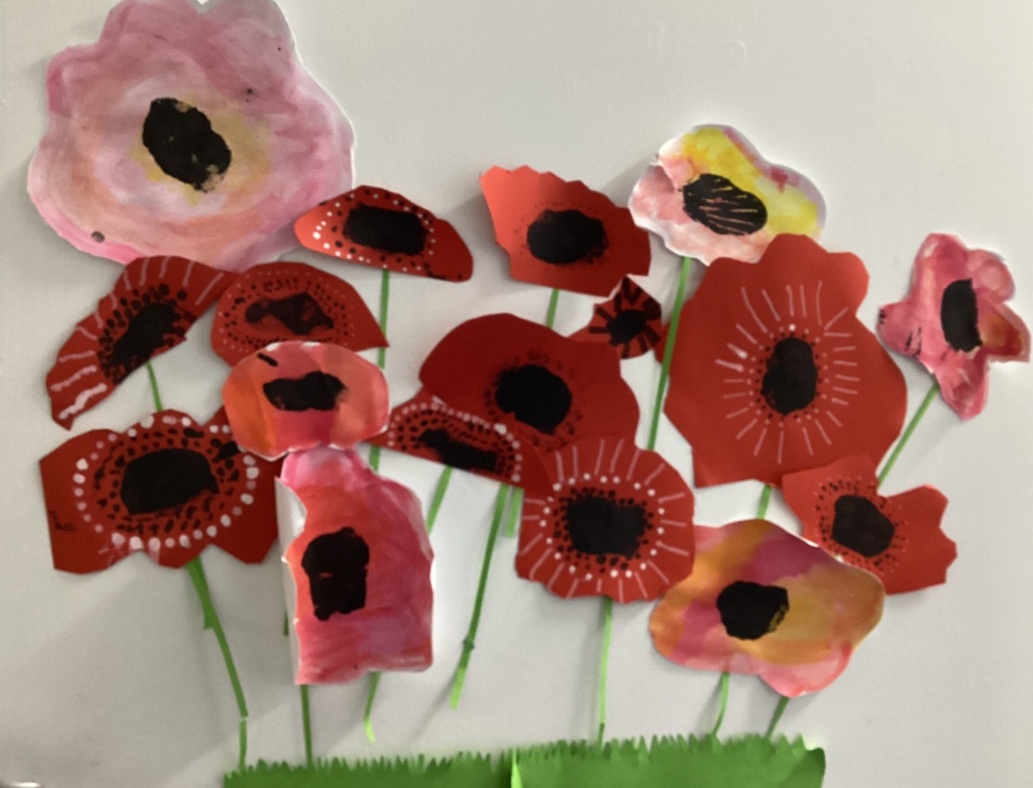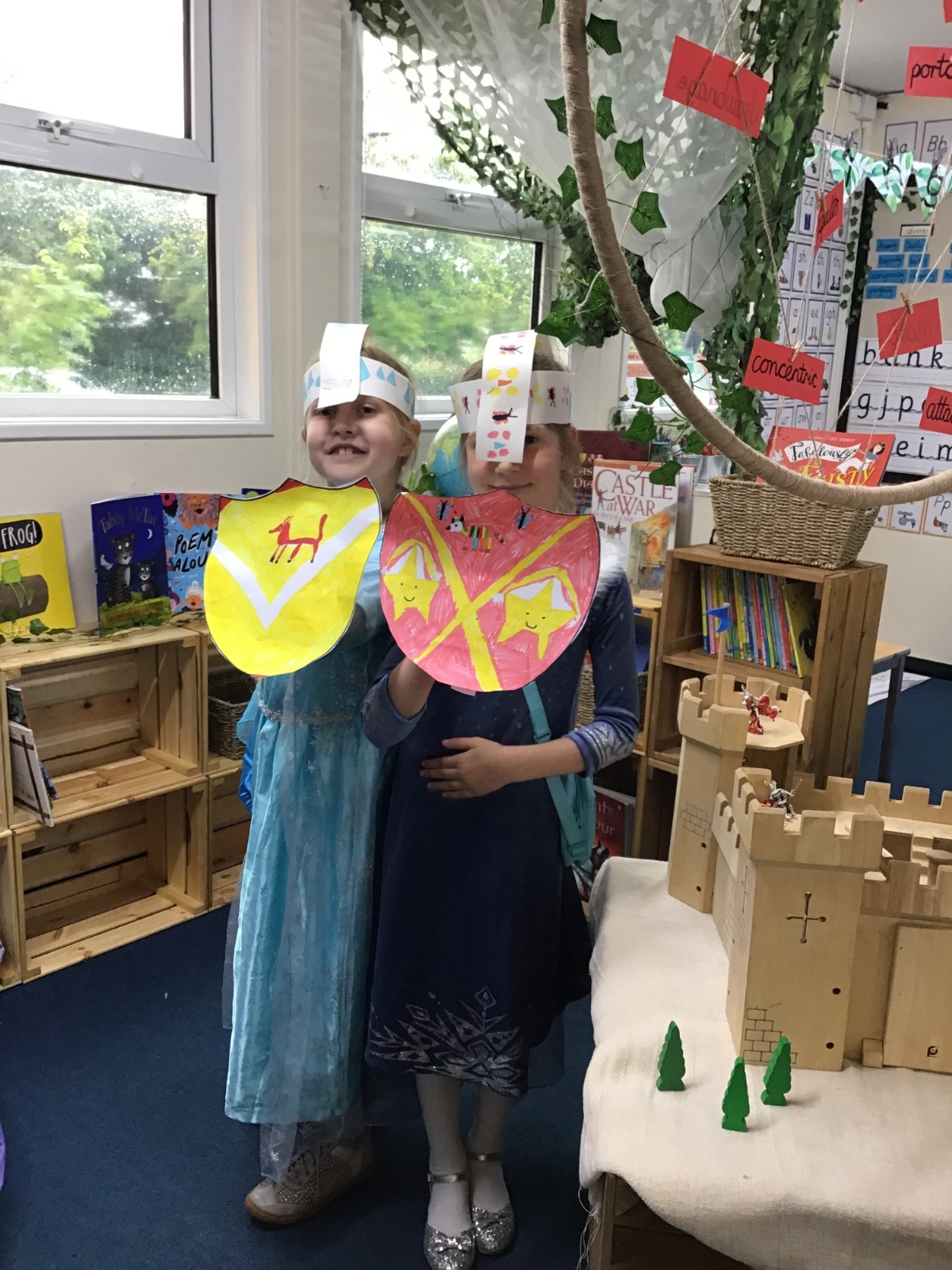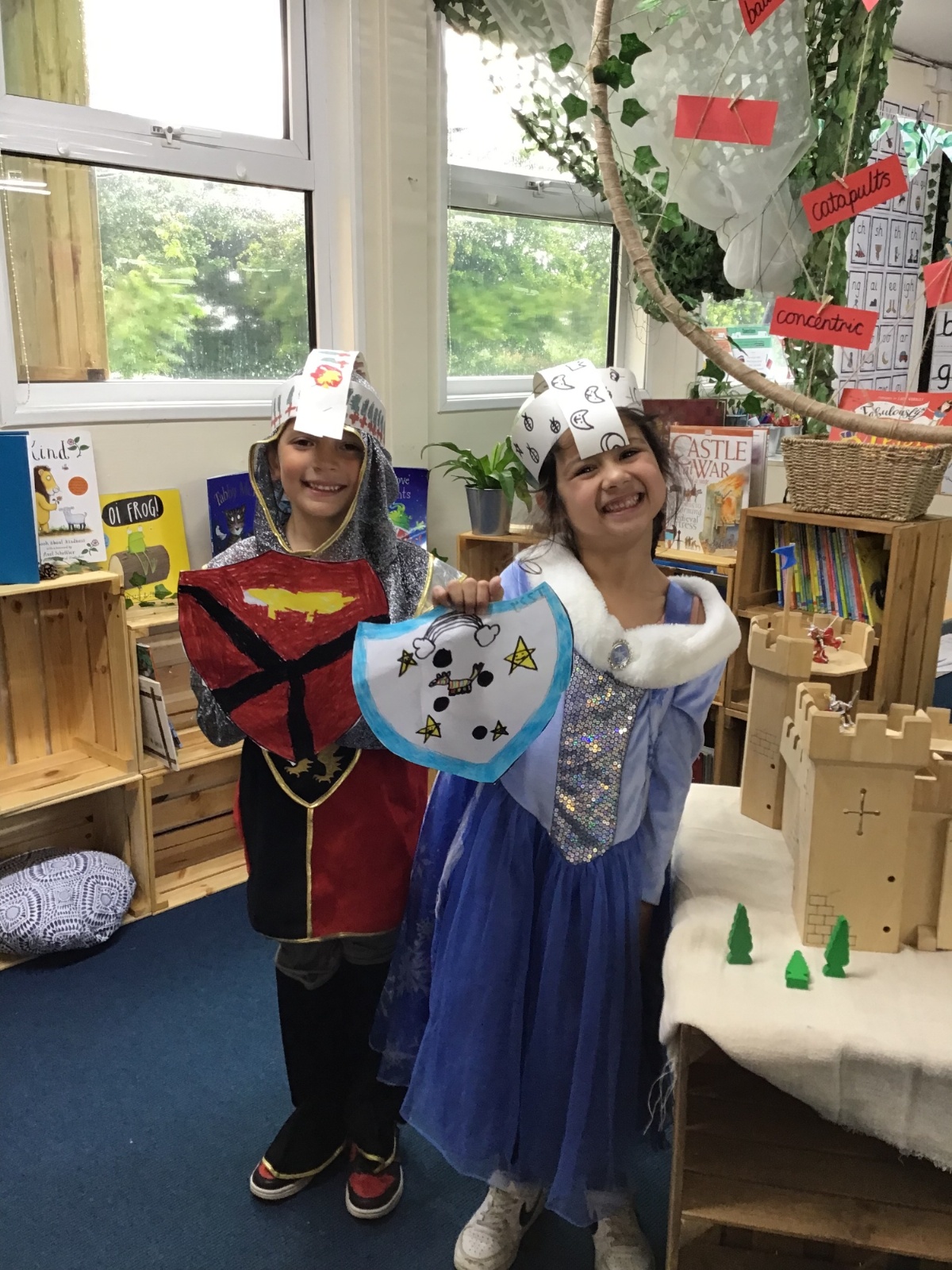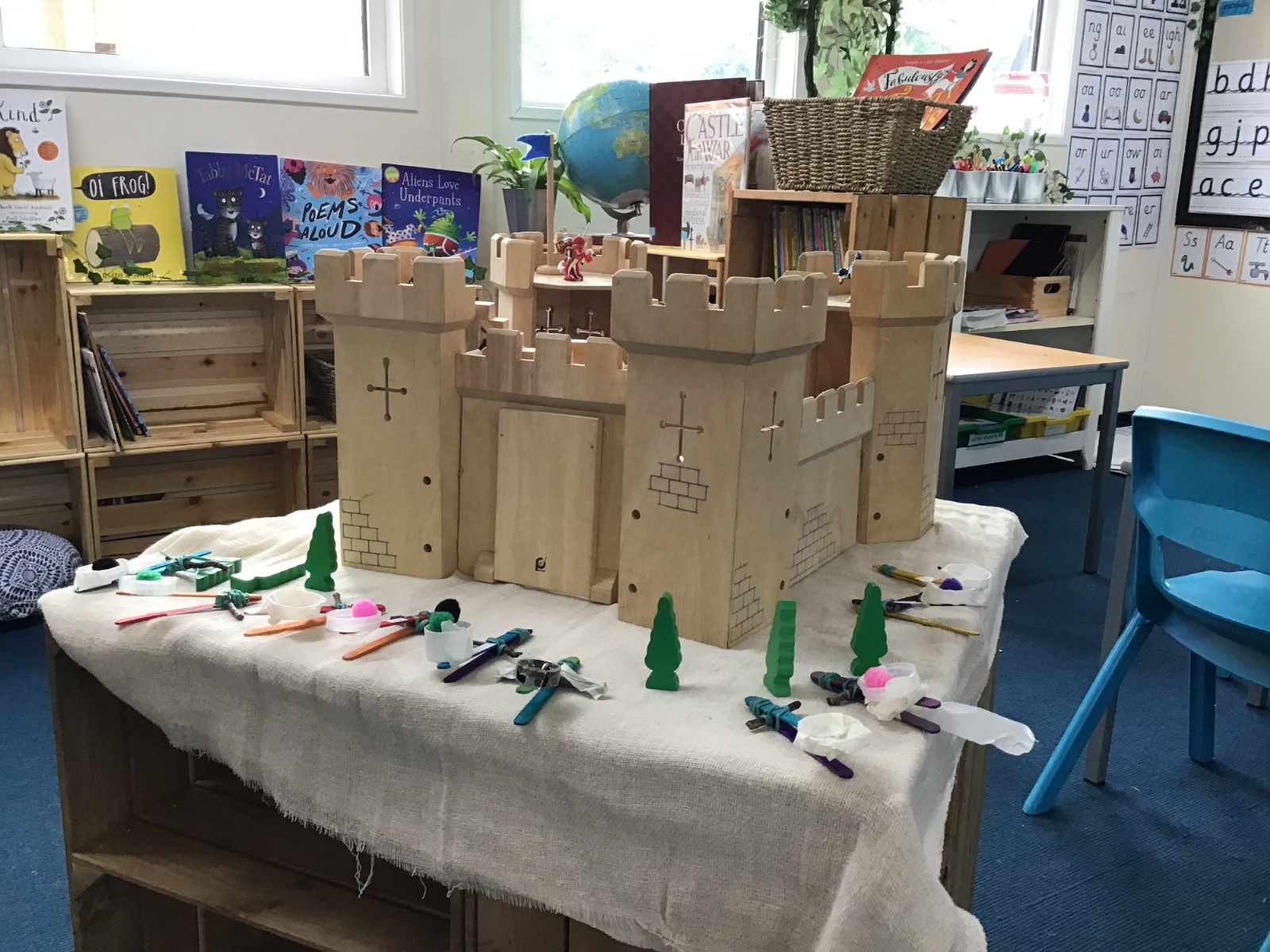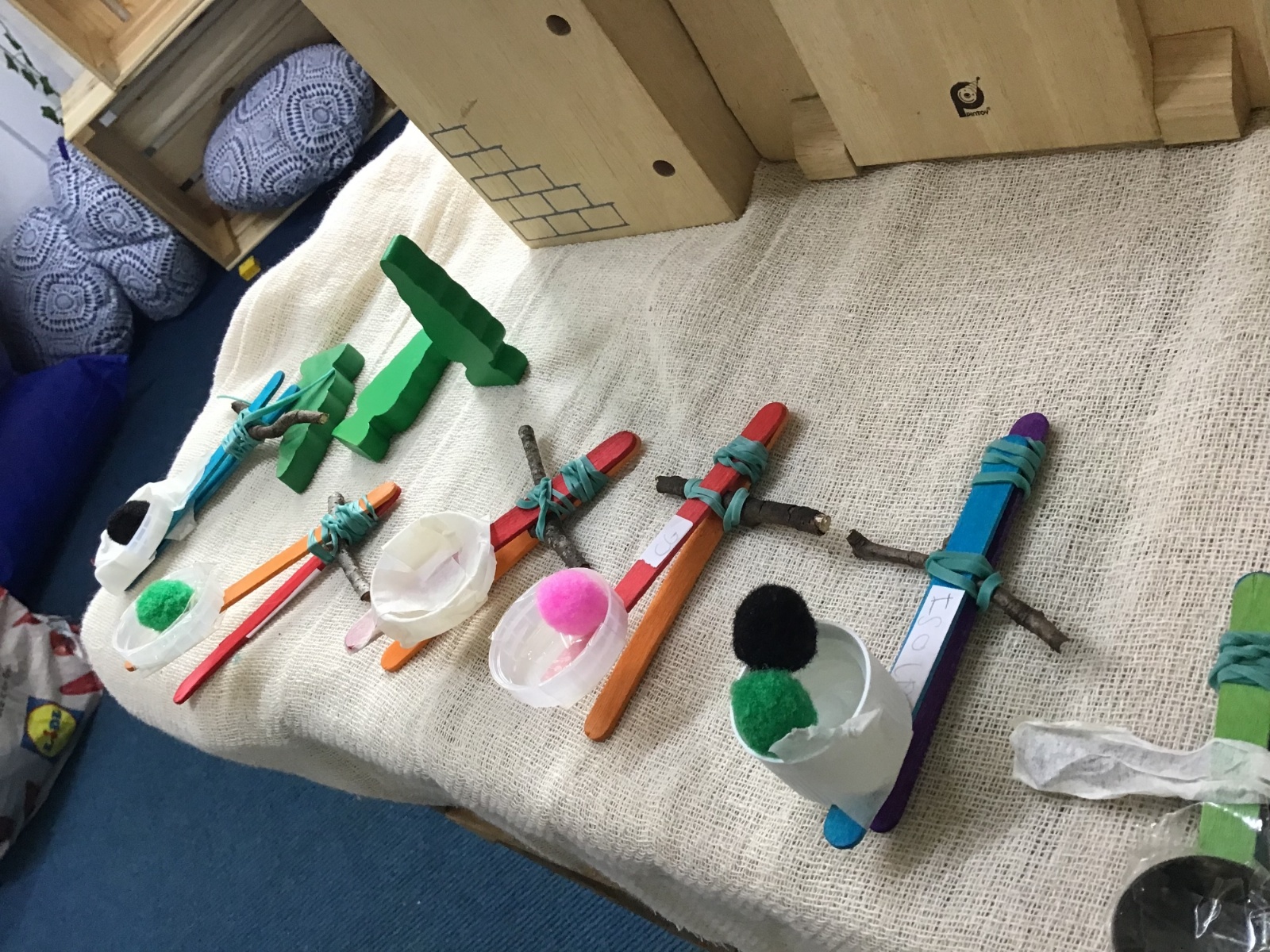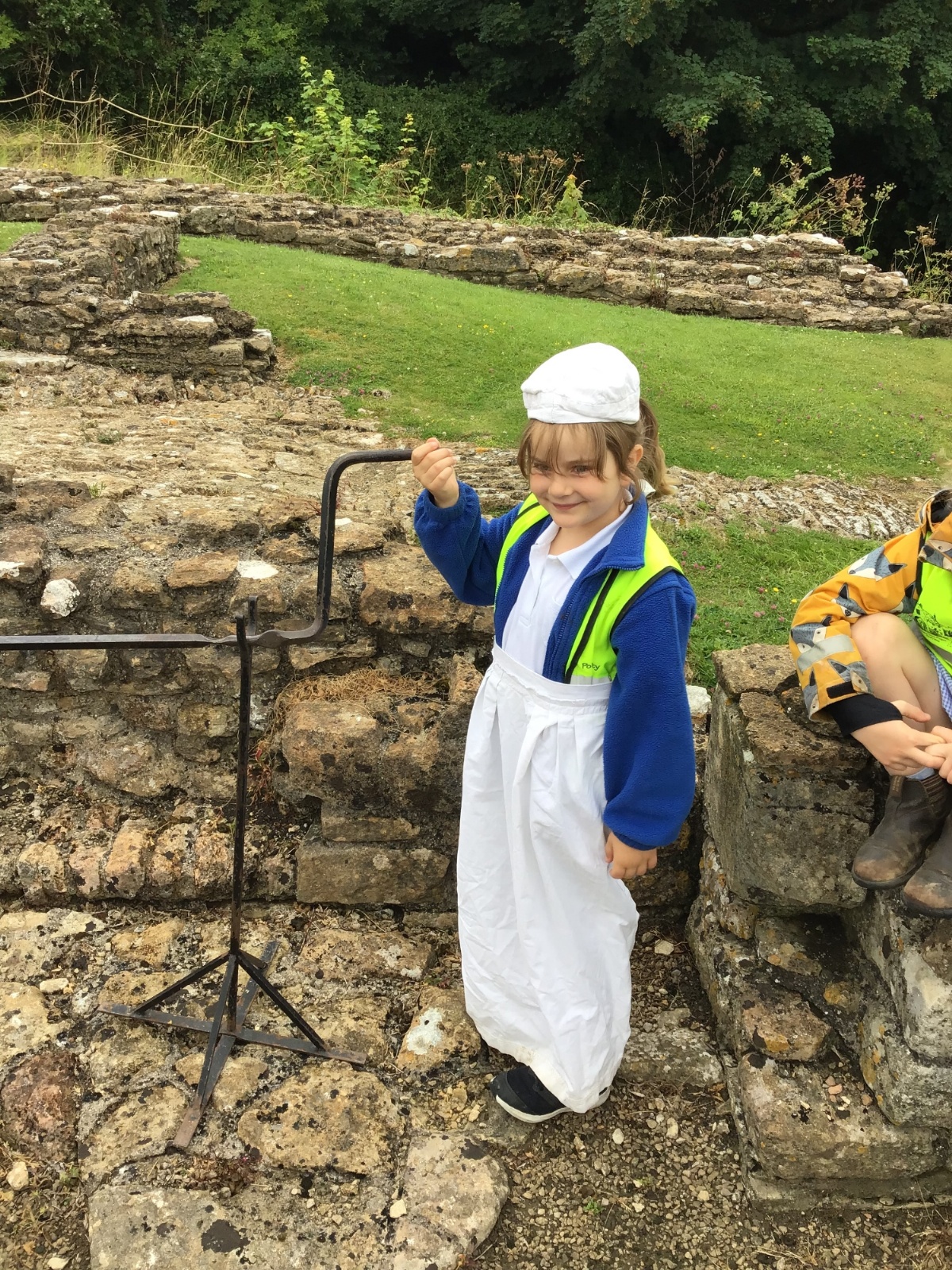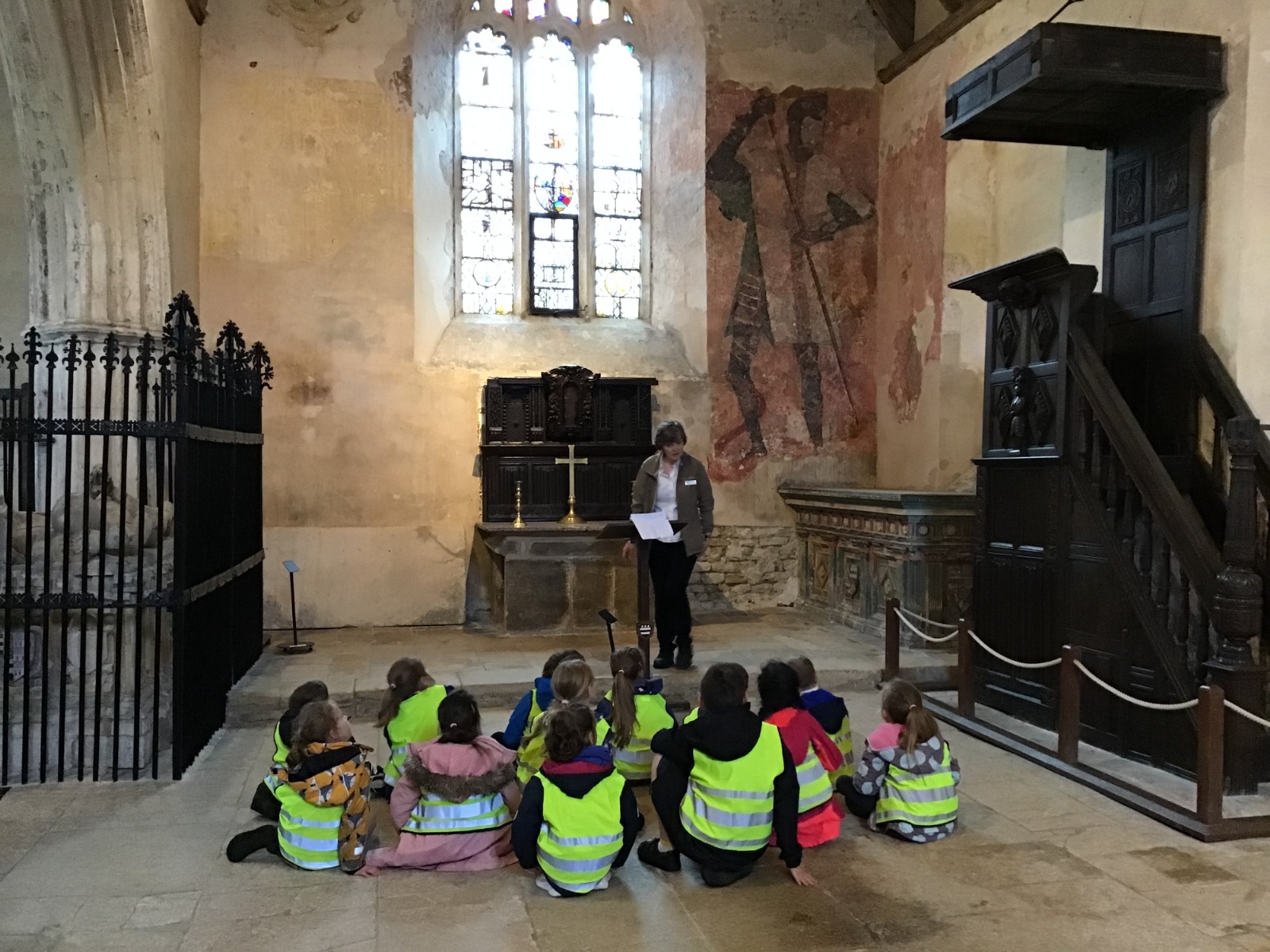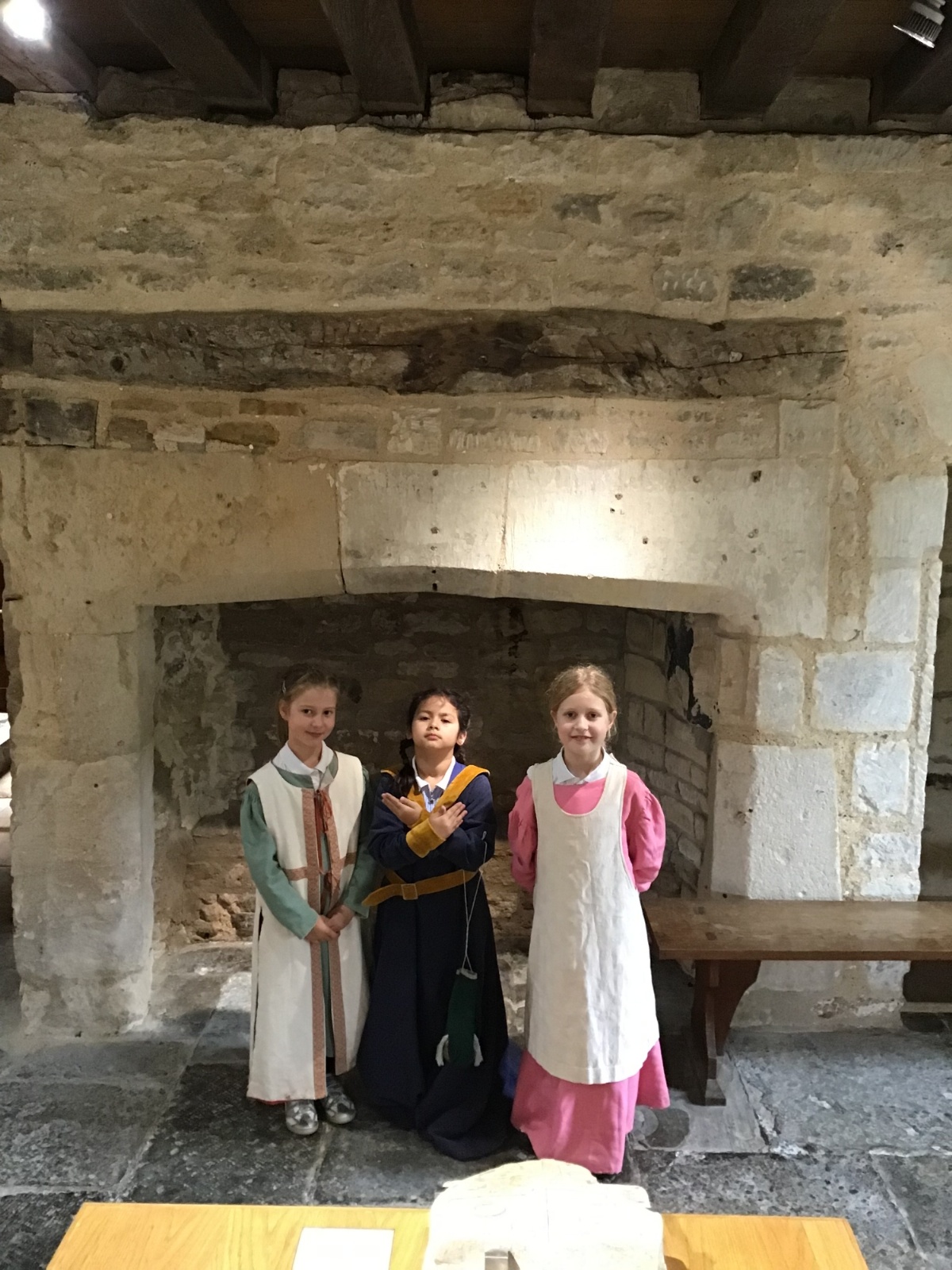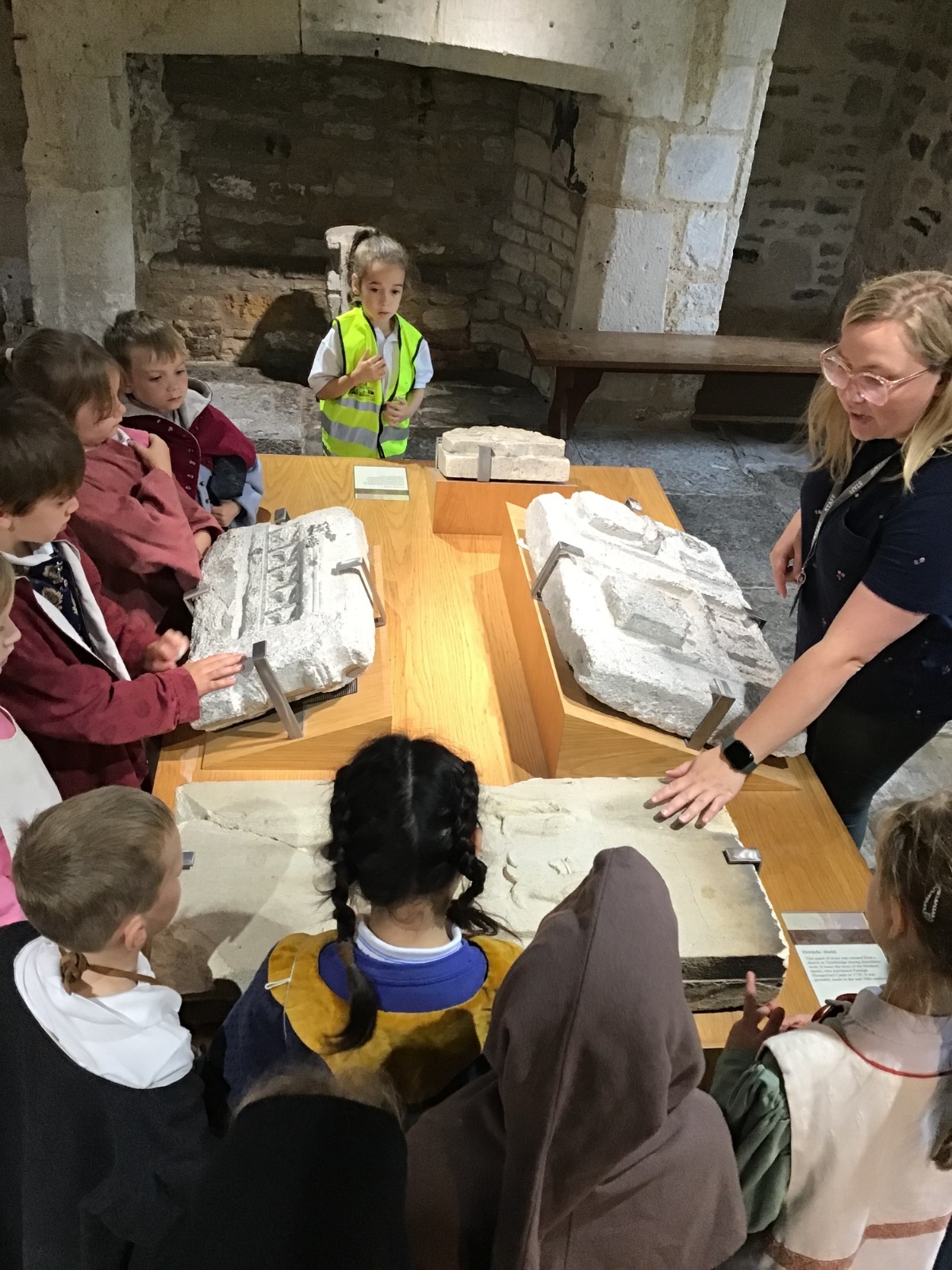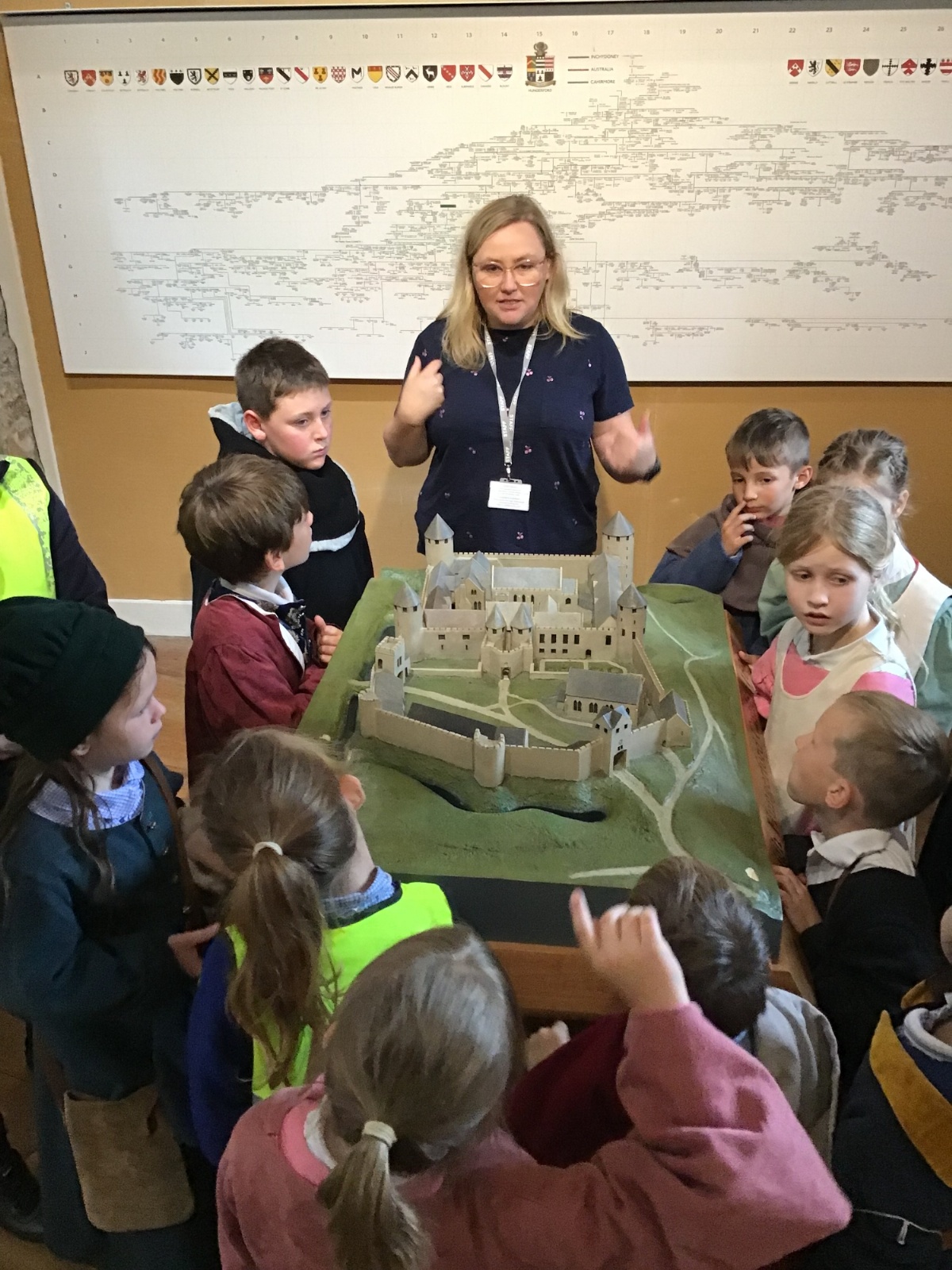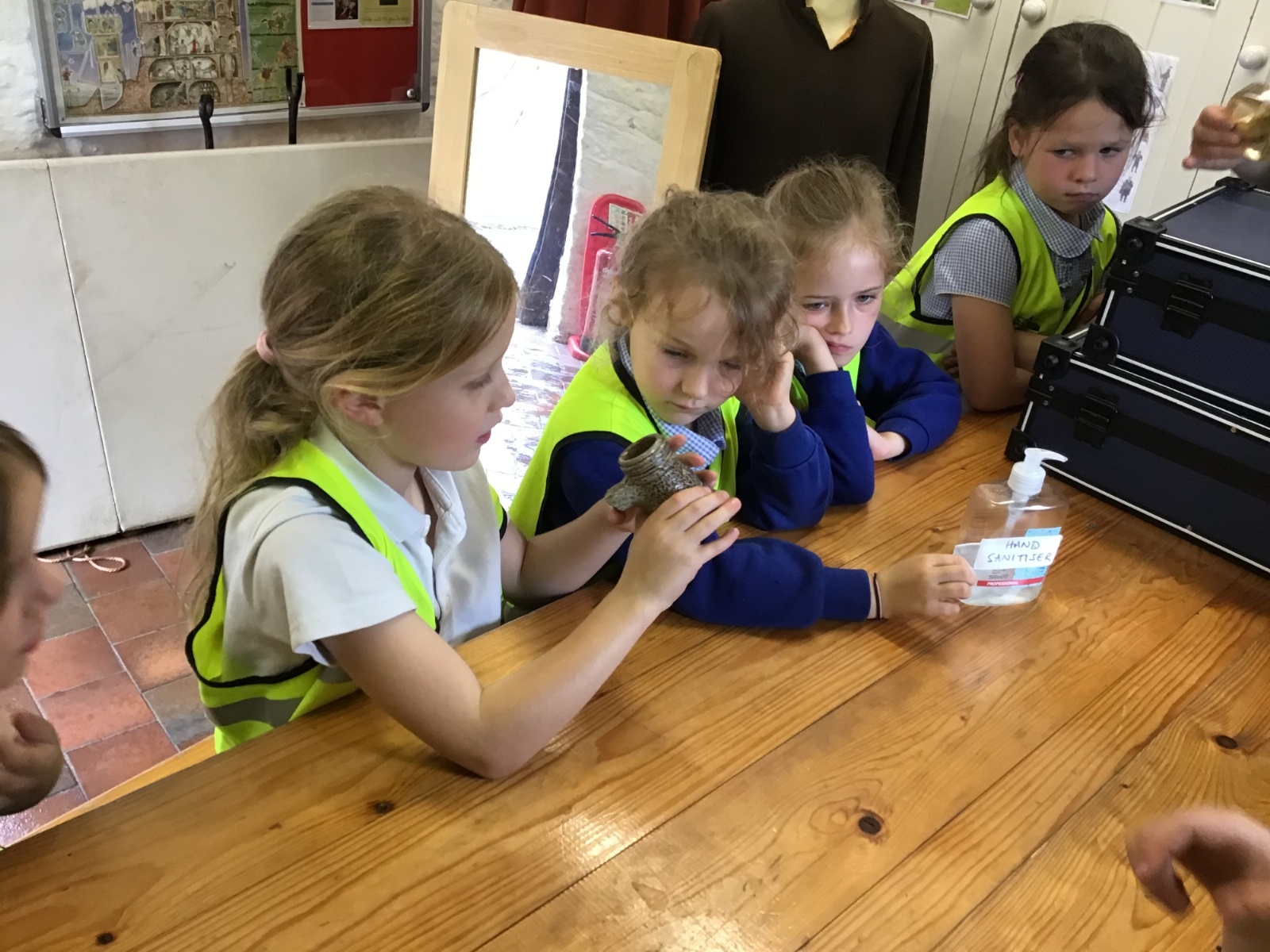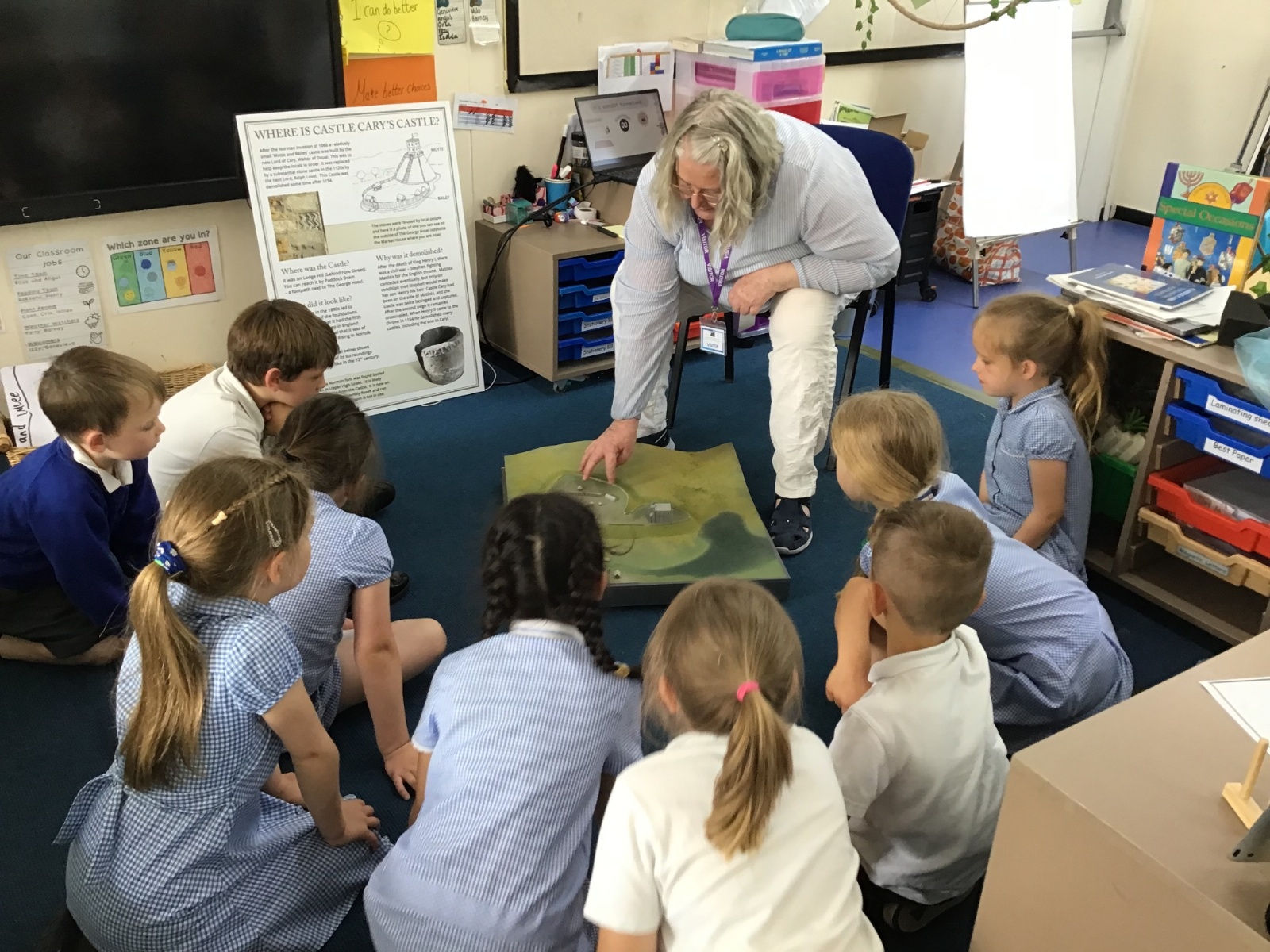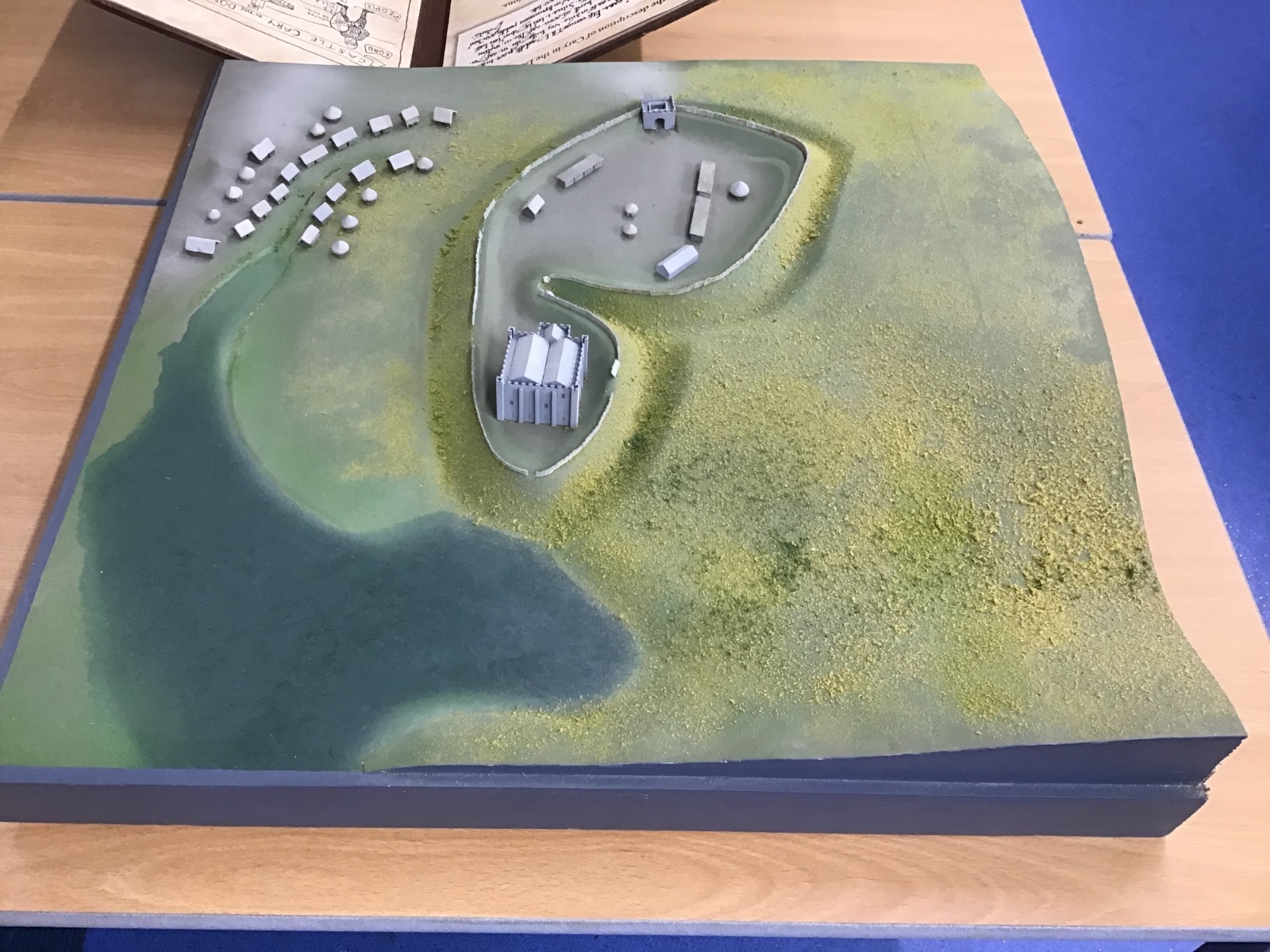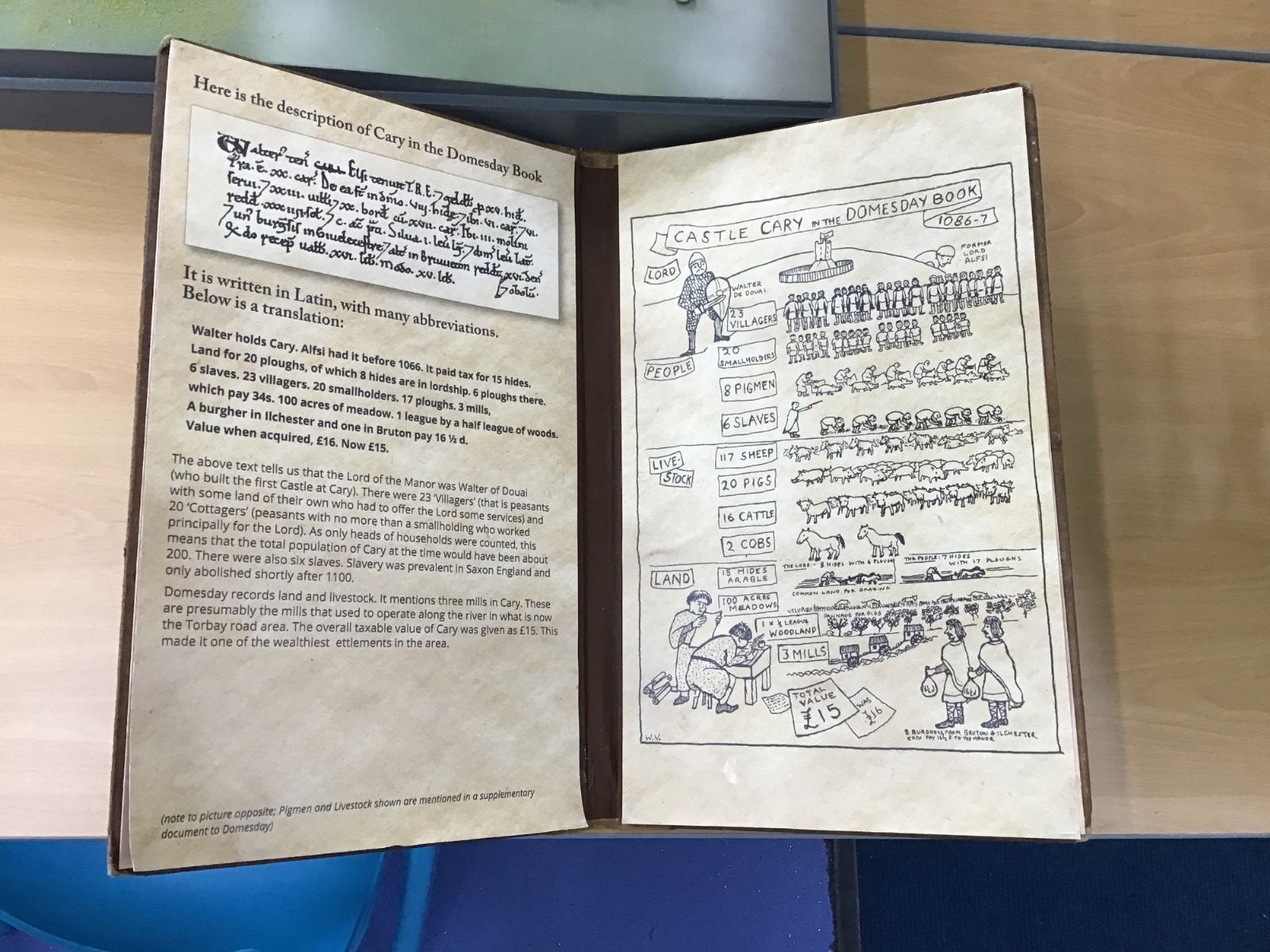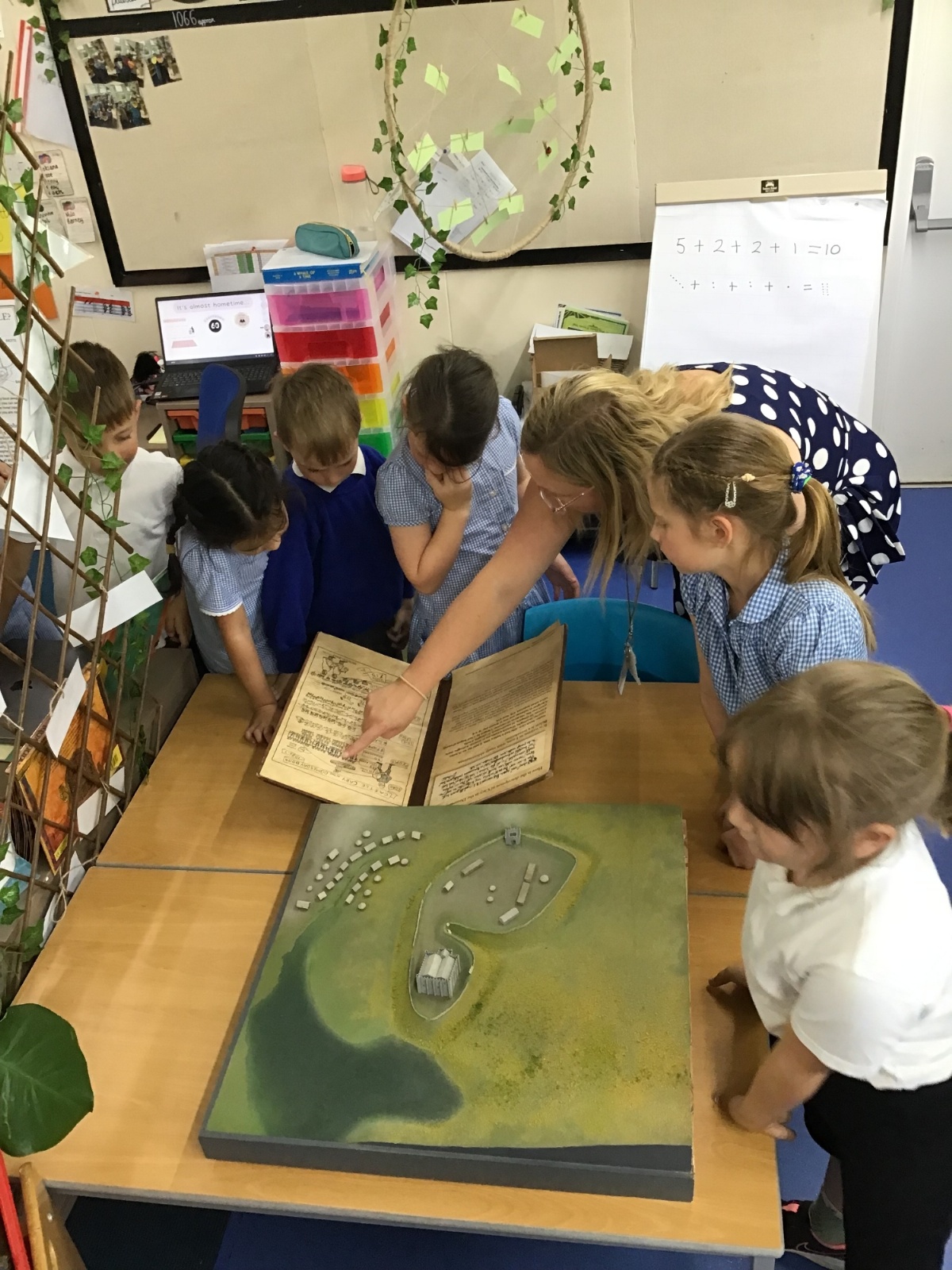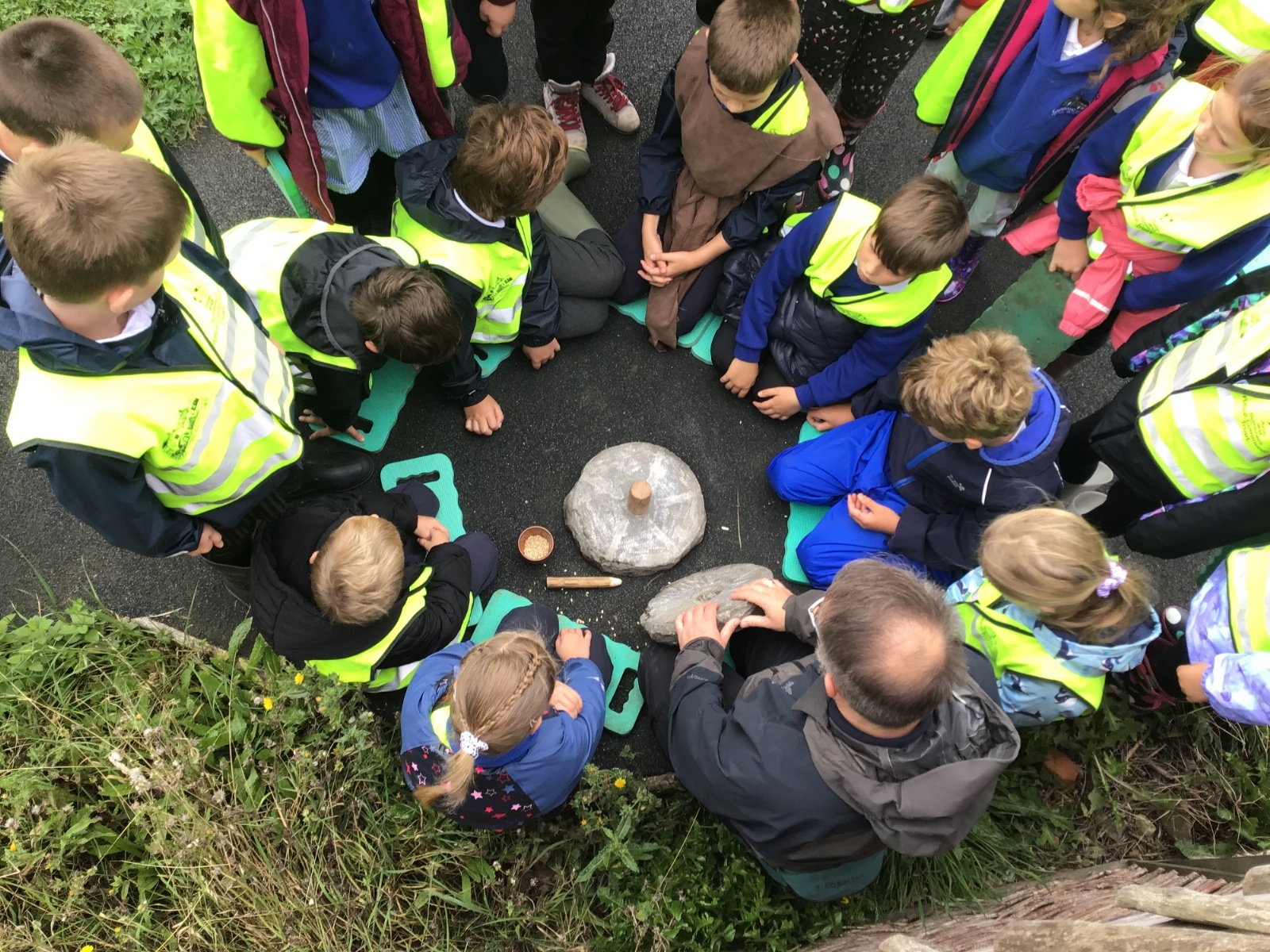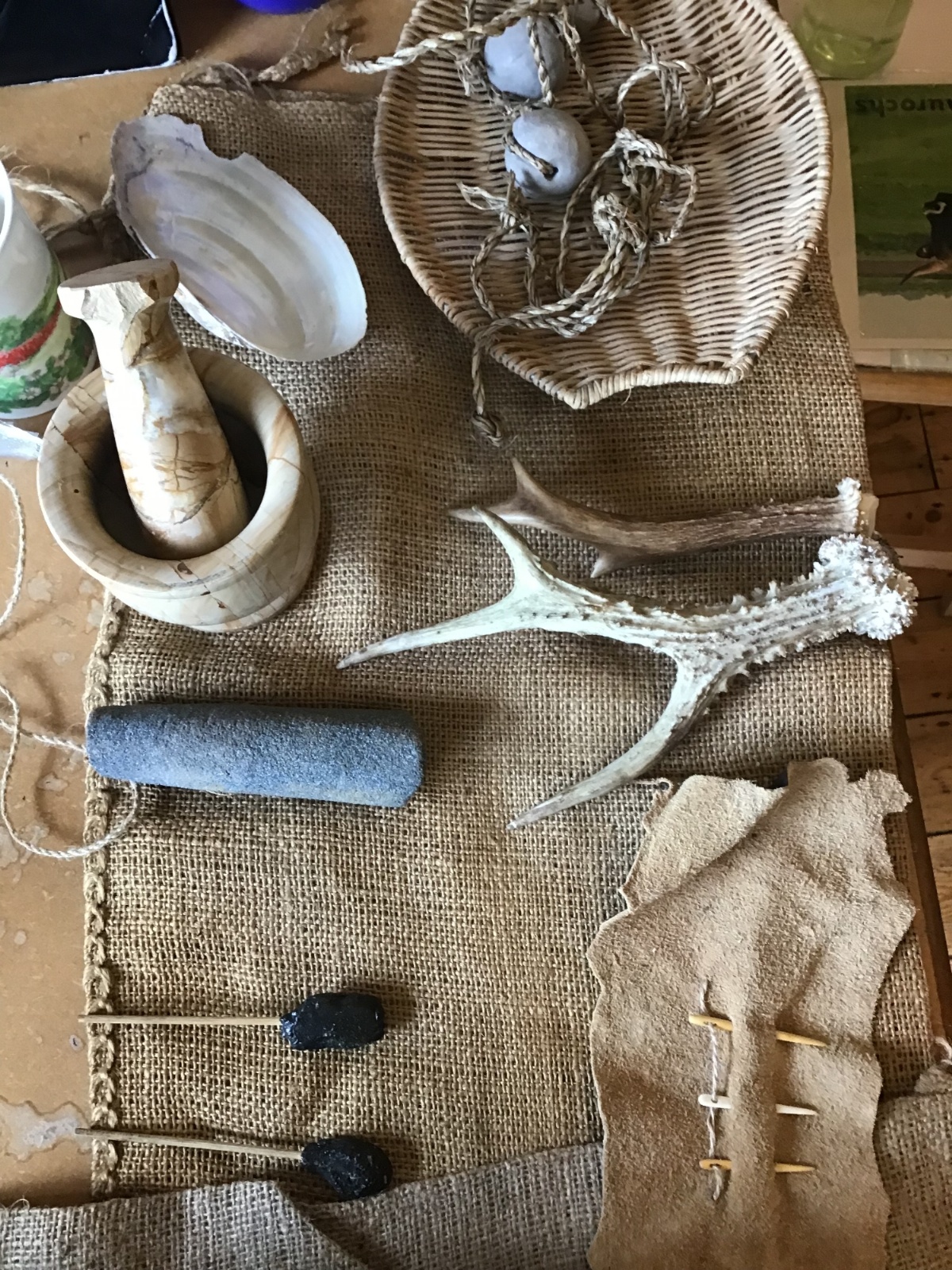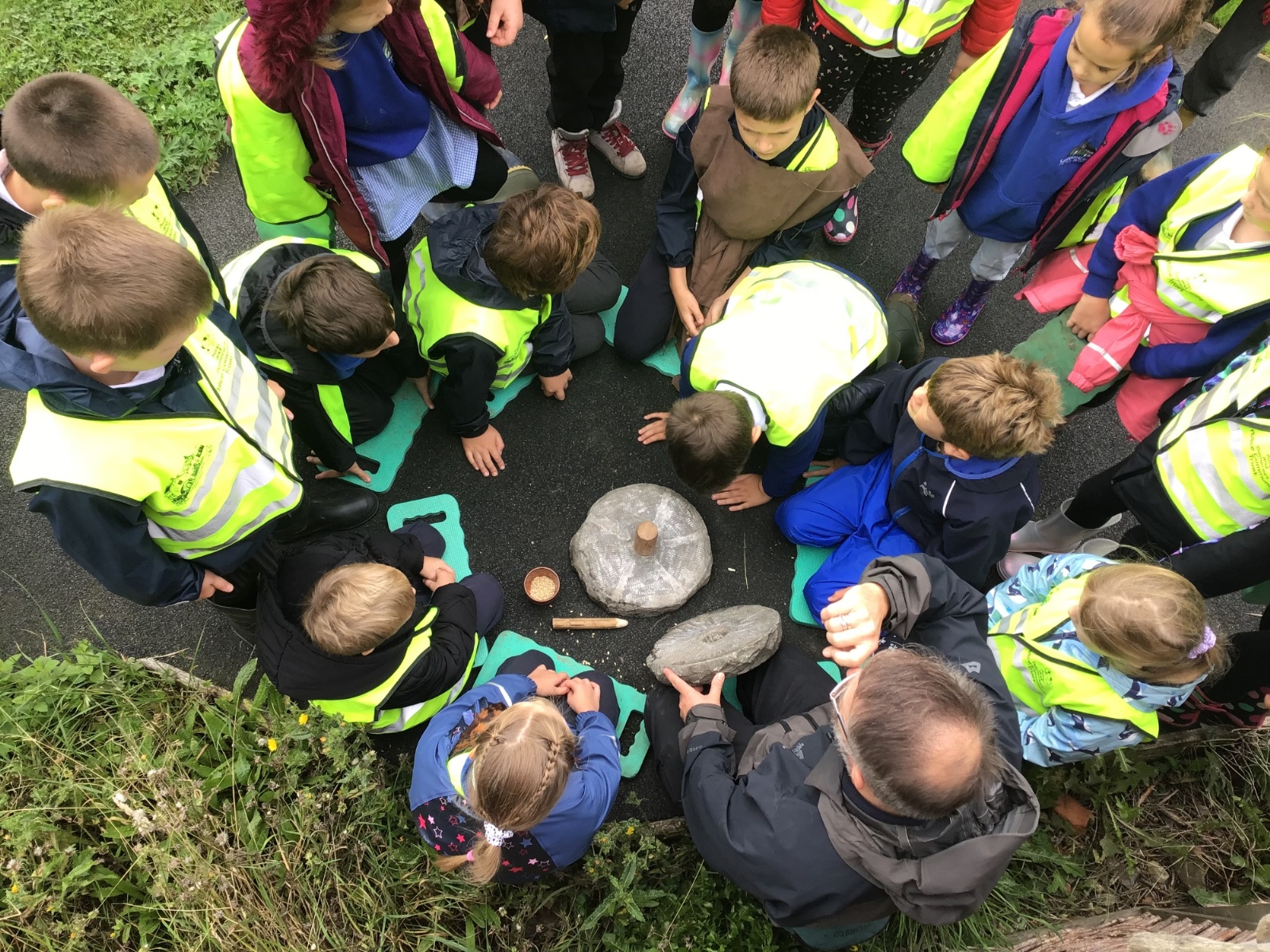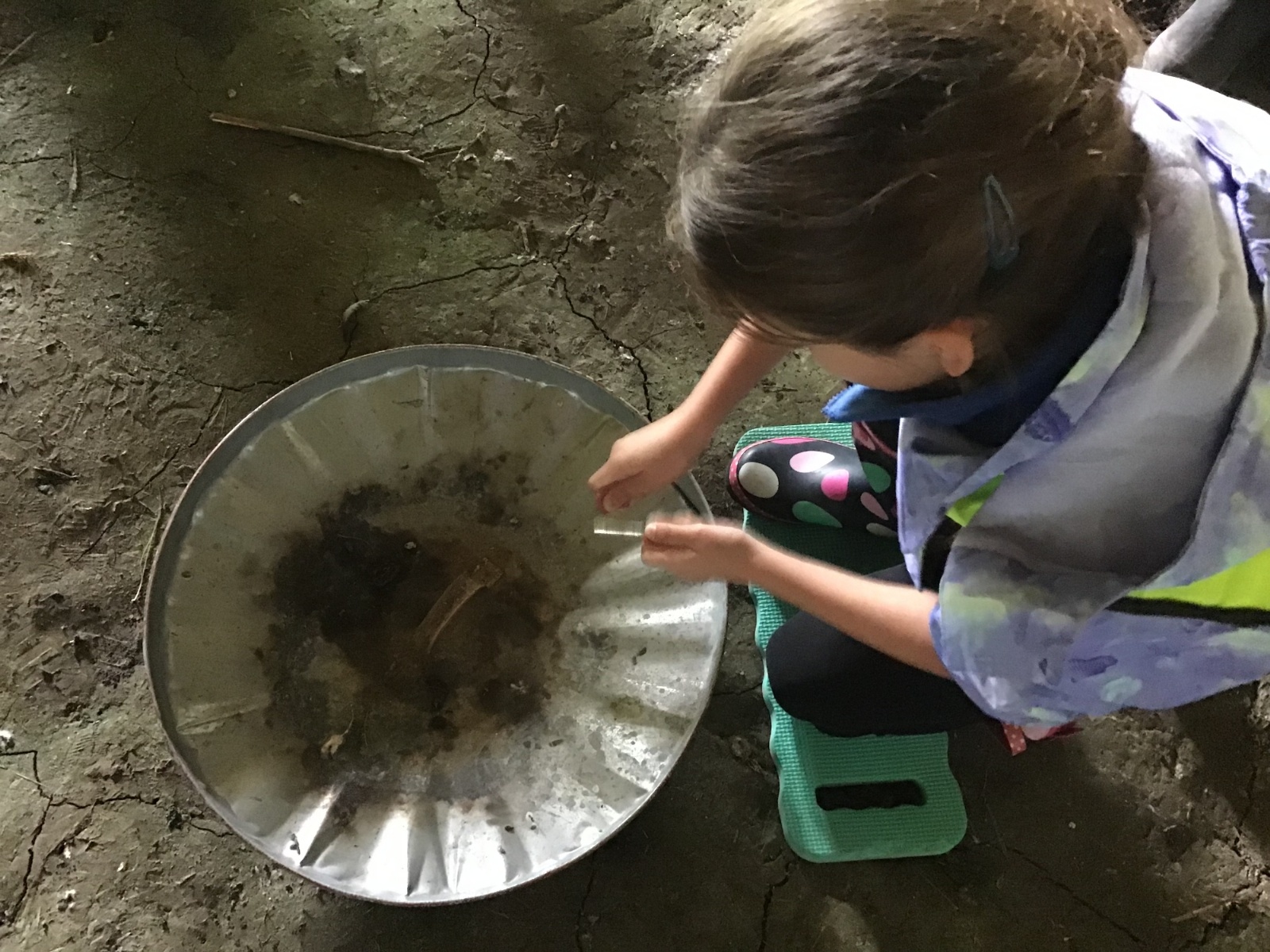History
History at Lovington Church of England Primary School
Purpose - to provide all pupils with a high quality history education that helps them gain a coherent knowledge and understanding of Britain’s past and that of the wider world. Our history curriculum will provide pupils with a curiosity and fascination about the world that was, and its significant individuals that will remain with them for life.
History helps pupils to understand the complexity of people’s lives, the process of change, the diversity of societies and relationships between different groups, as well as their own identity and the challenges of their time.
“History is who we are and why we are the way we are.”
David McCullough
KS1 - Visit to Farleigh Hungerford Castle with English Heritage
July 2024
Intent
Our aim is to develop engaged, motivated and curious learners that can reflect on the past and make meaningful links to the present day.
We will ensure that pupils:
-
Develop both an appreciation and understanding of the past, evaluating a range of primary and secondary sources.
-
Explain clearly how primary and secondary sources give us an insight into how people around the world used to live and how these interpretations may differ.
-
Make links between different areas of learning.
Teaching and learning will equip all our pupils to ask perceptive questions, think critically, weigh evidence, sift arguments, and develop perspective and judgement. Continued professional development is provided internally and externally, to ensure that all practitioners have excellent subject knowledge and pedagogy.
“A man without any history is like a tree without roots.”
– Unknown
Pippin Class - Visit from Castle Cary Museum
July 2024
Curriculum
Our curriculum is designed to cover all the skills, knowledge and understanding as set out in the National Curriculum. The National Curriculum states that 'a high-quality' history education will help pupils gain a coherent knowledge and understanding of Britain’s past and that of the wider world. It should inspire pupils’ curiosity to know more about the past and ensure that they develop secure knowledge that they can build on. Our History curriculum is organised with chronological awareness within the school’s rolling programmes, to assist with the telling of the overall narrative of the history of Britain and the wider world.
The content will be carefully organised within a group each year with content, knowledge, vocabulary, skills and disciplinary knowledge considered. This outlines the sequence of components and how they enable children to secure learning outcomes, skills and knowledge whilst leading up to a carefully designed enquiry question to frame and structure children’s learning.
History is delivered through subject specific teaching and organised with sufficient timetable allocation to ensure subject quality and curriculum coverage. History is also linked to a key literacy text where possible, to provide additional context to our learning.
Meaningful links with other subjects are made to strengthen connections and understanding of key events, significant people and concepts. The History units taught have been developed to help children appreciate their own identity and the challenges they may experience in modern day life.
The curriculum is designed to ensure that both substantive and disciplinary knowledge are taught in combination. The selection of substantive and disciplinary knowledge for units of learning is made explicit in subject intent plans.
The history curriculum ensures that:
● Teaching and curriculum design secure pupils’ chronological knowledge.
● There are opportunities for pupils to study aspects of the past in overview and in depth.
● Teaching helps pupils to develop coherent historical narratives and organising frameworks for their knowledge of the past
Pippin Class - Farleigh Hungerford Castle
July 2024
Implementation
New learning is built upon prior knowledge which is revisited. All new learning starts by revisiting prior knowledge. All staff are aware of prior learning and consider this carefully when planning and delivering a new unit of learning.
When planning a unit, teachers also consider:
● What do you want your children to know by the end of the unit?
● How will you sequence the components of the journey to ensure that knowledge is embedded at each stage for the children to have a true understanding of the objectives and outcomes?
● Does planning identify the components which lead to the enquiry question?
● Are the components planned in sufficient detail to support effective teaching and learning within the unit?
● Are components sequenced carefully to create readiness for upcoming knowledge?
● Does planning take into account and provide readiness for learning beyond the year group?
Children are given a variety of experiences both in and out of the classroom to create memorable learning opportunities and to further support and develop their historical knowledge and understanding. These experiences include learning experience opportunities, visitors and visits. We actively foster relationships with historians within our local community and beyond to add depth and richness to our curriculum.
A range of retrieval techniques, such as curriculum quizzes, are used to strengthen knowledge in the long term memory with the aim that all ‘sticky knowledge’ will be autonomous and accessible in order to make comparisons across the curriculum. Staff explicitly model the subject-specific vocabulary, knowledge and skills relevant to the learning in order that children are able to integrate new knowledge into larger concepts.
Learning is supported by the use of learning walls that provide children with visual information that helps them to retain new facts and vocabulary in their long-term memory. All classrooms display an overall chronology, and will display internal chronologies to support specific subjects. Subject specific vocabulary is displayed on the learning wall along with key facts that support learning.
Assessment
Curriculum quizzes are used to review learning and check that children know more and remember more. Learning is reviewed on a termly basis, at a distance from the point of (initial) learning, so that teachers can check whether information has been retained and adapt planning.
Formative History assessment is ongoing throughout the relevant cross-curricular themes to inform teachers with their planning lesson activities and differentiation.
KS2 Class - Stone Age Investigations at Carymoor Environmental Centre.
September 2024
Impact
Children will become immersed in their learning and be confident to ask their own questions to further their knowledge. They will confidently talk about what they have learnt in history, recall specific facts, use related vocabulary and express where a period sits chronologically. As children progress through school, they will be able to compare and make links to prior learning to extend their understanding of British and World History. Children will actively analyse and discuss a range of sources and talk about why they are significant and useful.
History attainment is reported to parents in an end-of year report. Learning in History is also shared with parents at open evening events, through looking at books and displays.
Learning in History is further highlighted on our website and enrichment learning days are featured in our weekly newsletters.
The subject leader for History works closely with senior leaders to monitor teaching and learning in history and pupil outcomes. Monitoring in this subject includes: pupil voice, book scrutiny, learning walks, planning scrutiny and lesson observations. Bespoke support and challenge is provided for practitioners as a result of monitoring.
Our History Gallery

